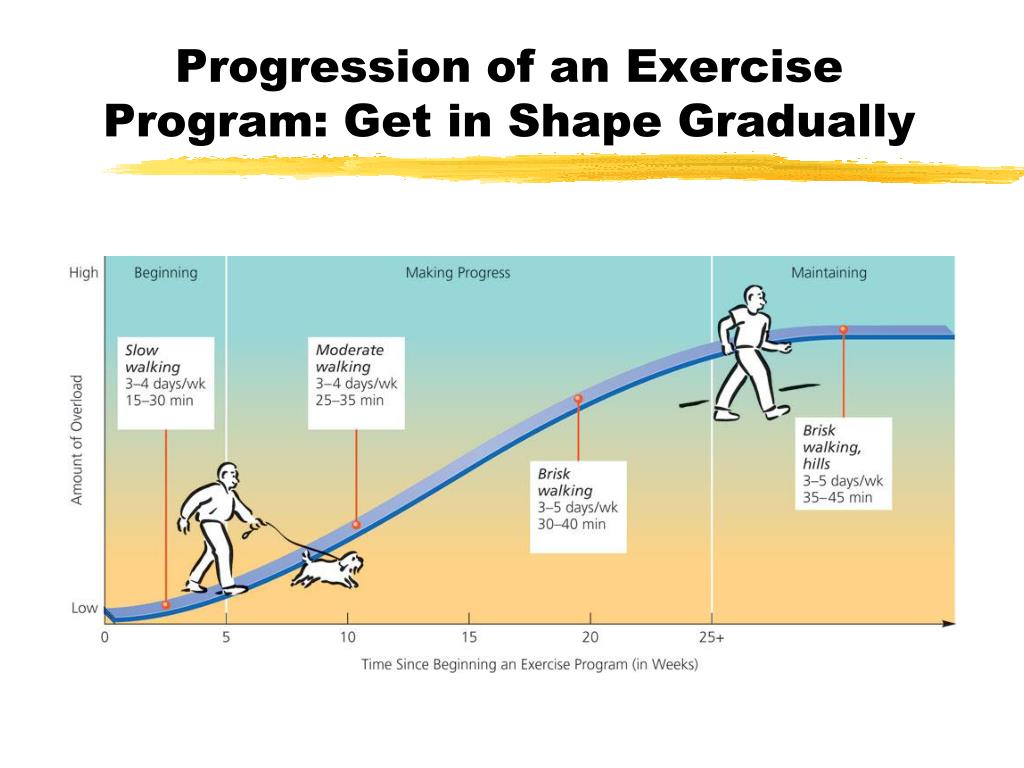

For a muscle to increase strength, it must be gradually stressed by working against a load greater than it is used to.

Once the body has adapted then, a different stimulus is required to continue the change. It state that we can be more fit when we do harder on our overload.ġ) Principle of Overload- this principle states that a greater than normal stress or load on the body is required for training adaptation to take place. For example, during this stage, a child understands that a favorite ball that deflates is not gone but can be filled with air again and put back into play. For example, to be a good cyclist, you must cycle.Ĥ.Principle of Reversibility- is one of the important processes that develops is that of Reversibility, which refers to the ability to recognize that numbers or objects can be changed and returned to their original condition. It implies that to become better at a particular exercise or skill, you must perform that exercise or skill. Exercising above the target zone is counterproductive and can be dangerous.Įxample: The weekend athlete who exercises vigorously only on weekends does not exercise often enough, and so violates the principle of progression.ģ.Principle of Specificity- it is a principle of training that states what you do in the gym should be relevant and appropriate to your desired outcome. Overload that is increased too rapidly will result in injury or muscle damage. Overload should not be increased too slowly or improvement is unlikely. In order for a muscle (including the heart) to increase strength, it must be gradually stressed by working against a load greater than it is used to.Įxamples: Push ups, Running, weighting a heavy barbel, running.Ģ.The Principle of Progression implies that there is an optimal level of overload that should be achieved, and an optimal time frame for this overload to occur. Once the body has adapted then a different stimulus is required to continue the change. For example, you are doing exercise everyday and because of this, you will be more physically and mentally fit.ġ.The principle of overload states that a greater than normal stress or load on the body is required for training adaptation to take place. It is gaining more benefits in body and health by doing physical activities/ exercise. Principle of diminishing return means that you can be more fit if you work hard in doing physical activities/exercise. The physiological effects of fitness training diminish over time, causing the body to revert back to its state prior to training.ĥ. In short, while rest periods are necessary for physical recovery, extended intervals of resting will actually cause an actual reduce physical fitness. Principle of Reversibility states that athletes lose the effects of training after they stop working out however, the detraining effects can be reversed when training is resumed. Similarly, if a person swims four times a week to improve fitness, he or she will experience gains in cardio-respiratory (aerobic) endurance, but will not necessarily experience great flexibility benefits, needed to improve performance in yoga class.Ĥ. For example, weight training the upper body will lead to improvements in arm, shoulder and back strength, but will probably not allow improvements in the body’sĪbility to perform squats or lunges-activities associated with lower body strength. Principle of Specificity The principle of specificity means only those body parts, muscles or systems involved in a workout will be the ones to experience training. Ex: doing overload physical activity every, such as daily jogging and barbel weighting.ģ.

Frequency, intensity or amount of time (“FIT Principle”) dedicated toward the individual’sĮxercise program may need to be changed for continued fitness enhancement. That is, what used to be overload may no longer be sufficient. Principle of Progression As a person’s fitness level improves, he or she will need to make adjustments to the exercise program if continued improvements are desired. ex: push ups, weighting a heavy barbel, 100m. For improved cardiorespiratory endurance via walking, for example, this means walking faster or farther or more times a weekthan usual. According to the principle of overload, a person must work (load) the body in a higher manner than normal in order to improve fitness. related fitness components: cardio-respiratory (aerobic) endurance, muscular strength, muscular endurance and flexibility. Lupague BSA-1 MT- 5:30-6:30ġ.Principle of Overload is necessary in order to develop fitness in all exercise


 0 kommentar(er)
0 kommentar(er)
